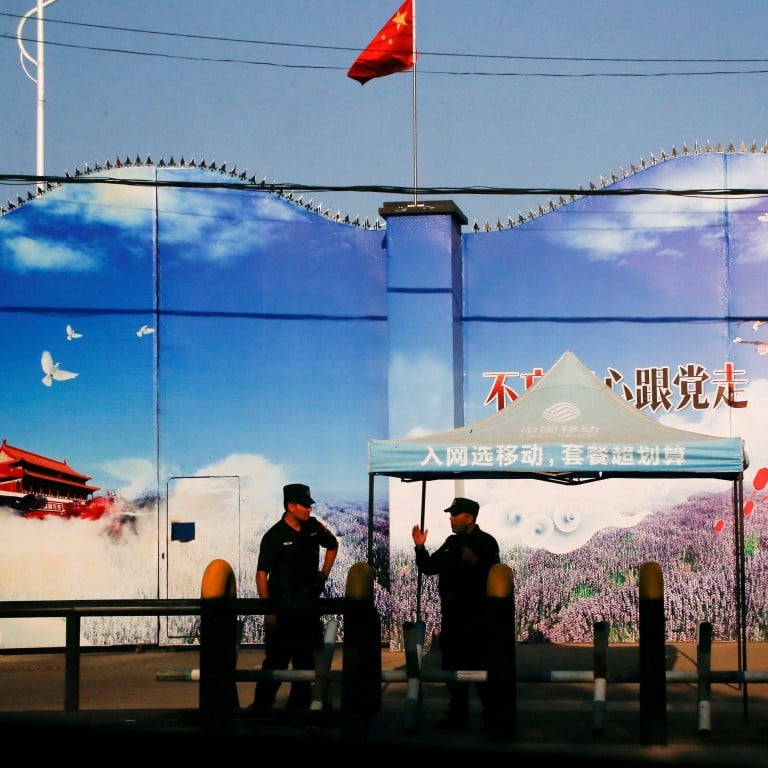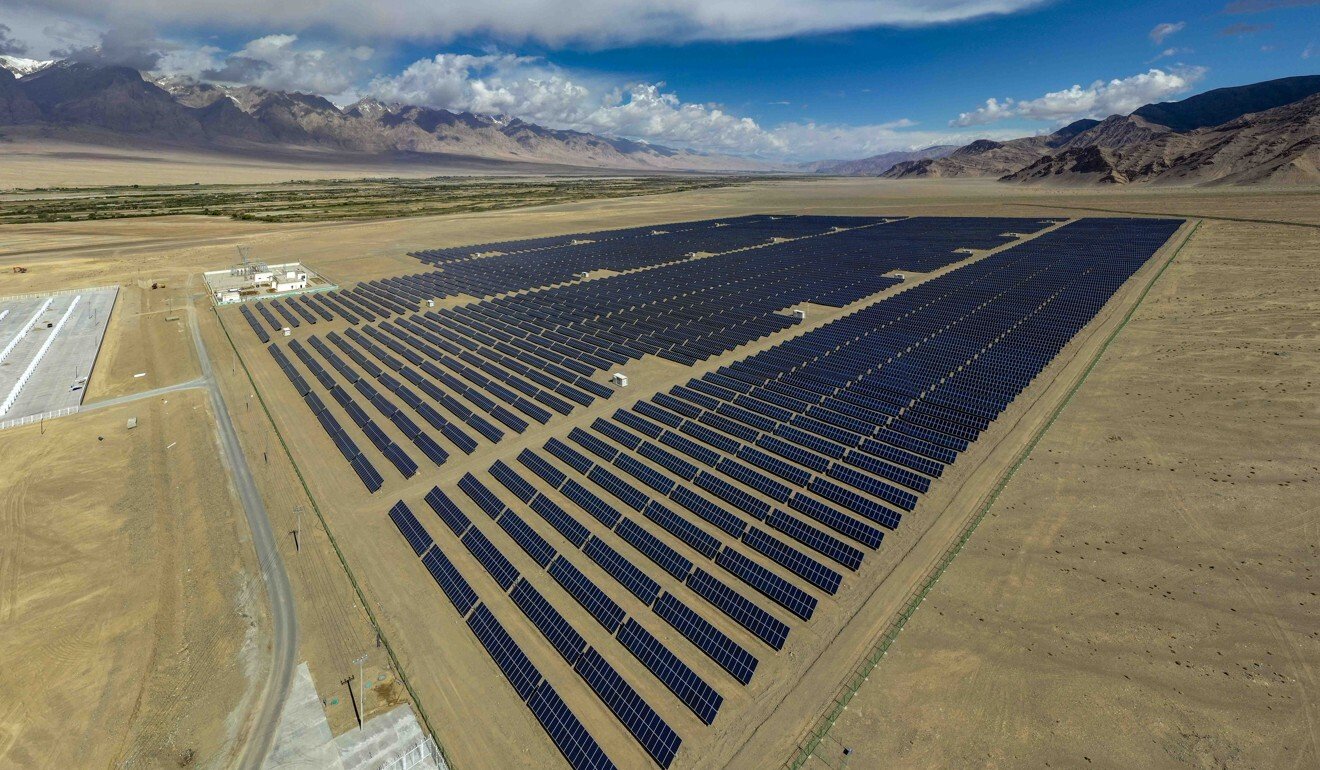
US sanctions 23 more Chinese companies for suspected Xinjiang abuses, military and business ties
- 14 companies are ‘implicated in human rights violations and abuses in the implementation of China’s campaign of repression, mass detention and surveillance’
- Moves are the latest targeting the human rights situation in Xinjiang and China’s military build-up, which the US views as a threat to global stability
“We will continue to aggressively use export controls to hold governments, companies and individuals accountable,” she said.

China dismisses accusations of genocide and forced labour in Xinjiang and says its policies are necessary to stamp out separatists and religious extremists who plotted attacks and stirred up tension between mostly Muslim ethnic Uygurs and Han, China’s largest ethnic group.
“The Chinese side will take all necessary measures to safeguard the legitimate rights and interests of Chinese companies and rejects US attempts to interfere in China’s internal affairs,” said foreign ministry spokesman Wang Wenbin on Friday.
The firms tied to suspected rights abuses in Xinjiang include Xinjiang Beidou Tongchuang Information Technology Co; the China Academy of Electronics and Information Technology; Suzhou Keda Technology Co; Xinjiang Lianhai Chuangzhi Information Technology Co; Shenzhen Cobber Information Technology Co; Xinjiang Sailing Information Technology; Beijing Geling Shentong Information Technology; Shenzhen Hua’antai Intelligent Technology Co; and Chengdu Xiwu Security System Alliance Co.
They were added to the Commerce Department’s Entity List, which essentially bans Americans from selling goods and equipment to those firms.
The department said the companies were “implicated in human rights violations and abuses in the implementation of China’s campaign of repression, mass detention and high technology surveillance against Uygurs, Kazakhs and other members of Muslim minority groups” in Xinjiang.
Xinjiang forced labour bill moves ahead, clearing key US Senate committee
The Biden administration has labelled Beijing’s actions a genocide and taken numerous actions to crack down on Chinese corporations that Washington says are complicit in the country’s rights abuses – including pervasive surveillance, mass detentions in camps and forced labour – against Uygurs and other Muslim minorities in Xinjiang.
Last month, Biden expanded a Trump-era executive order that banned Americans from investing in dozens of Chinese companies linked to the country’s state security apparatus. His expanded order included surveillance companies, saying that China’s use of the technology “facilitates repression or serious human rights abuses”.
The administration also added to the Entity List a handful of companies that produce polysilicon, a key ingredient in solar panels. Numerous reports have linked Xinjiang’s polysilicon to forced labour in the region, which Beijing denies.
The US government has also put import bans on cotton, tomatoes and some solar products originating from Xinjiang, and the US, European Union, Britain and Canada have all announced sanctions on Chinese officials over their treatment of ethnic minorities in Xinjiang.
The Commerce Department said the five military-linked companies added to the Entity List on Friday – including Hangzhou Hualan Microelectronics Co and Kyland Technology Co – were supporting China’s “military modernisation programmes related to lasers and C4ISR programmes”. C4ISR refers to command, control, communications, computers, intelligence, surveillance and reconnaissance.
The administration has been outspoken about suspected human rights abuses in Xinjiang and elsewhere in the country.
US ban on Xinjiang cotton may push China to open up to more imports
Friday also marked the sixth anniversary of a sweeping move against Chinese lawyers and human rights advocates known as the “709 crackdown”. In a statement on Thursday night in Washington, Secretary of State Antony Blinken condemned the Chinese government for its actions and called on Beijing to release those still in detention.
Ali Wyne, a senior analyst at the Eurasia Group, said Washington and Beijing were now both pursuing “greater self-reliance”.
“A tightening nexus of military frictions, technological competition and normative clashes will reinforce the momentum behind selective disentanglement between the United States and China,” Wyne said.
“While the economic and security risks of an unconstrained embrace have come into sharper view in recent years, the risks of a wholesale rupture merit closer consideration.”

